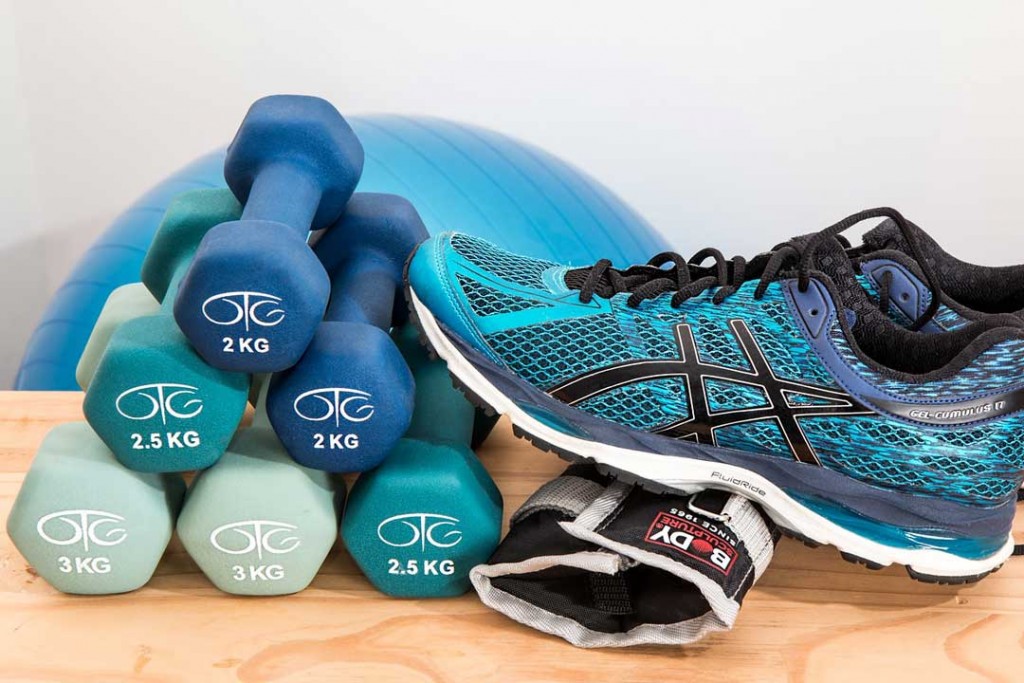Mark Pinches, head of coaching at Westfield Health, reveals his alternative stress busters to help you get through January if you have decided to ditch the booze.
A New Year marks the opportunity to set out a series of resolutions, whether that is quitting alcohol or aiming to shed a few pounds – we’re all known to choose ours when the clock strikes 12am on New Year’s Day.
Despite our pledges to stick to them, many of us struggle to keep our resolutions especially when it comes to ‘dry January’. A huge majority of the nation often declares they will quit the booze for 31 days, however when we are feeling stressed it’s easy to turn to some liquor.
While a small amount of pressure can lead us to work harder, it’s also incredibly important to understand how to manage it, Mark Pinches, head of coaching at Westfield Health, has warned. Below he has shared some alternative stress busters to get you through dry January without caving in to temptation.
Take up a hobby
If you’re needing a way to unwind that doesn’t involve alcohol, consider taking up a hobby in your spare time. Doing something new outside of work will challenge your brain in a different way, take your mind off workplace stresses and help you relax. Hobbies can be as active or stationary as you like and don’t have to be regimented, though some may find meeting for a scheduled class helps them to commit.
Mindfulness
Mindfulness is the process of bringing your awareness and attention to the present moment. It combines meditation, yoga and various breathing exercises that not only reduces stress but also helps build an inner strength against stressful situations. This will give you chance to pause and step back from your thoughts at the end of a busy day, allowing you to refocus on goals for the following day.
Exercise
Exercise is a great stress release and something that people of all abilities can take up. When we do physical activities, the brain releases endorphins that are feel good hormones, giving a natural high and boosting mood. A good way to stick to this is to commit to exercising a couple of nights a week with a friend or colleague as you’ll be less likely to cancel last minute. Not only will this improve your mental health, the combination of less alcohol and more exercise is bound to pay off physically.
Prepare
Organisation and forward planning will not only alleviate stress, it will prevent it occurring in future situations. It can be easy to go home, have a drink and bury your head from looming problems of the following day, but this will only lead to additional pressure and eventually burnout.
In general, the more you familiarise yourself with a problem, the more comfortable you will be with it and thus less stressed. However, it is also important to remember to shut off from work, so aim to get preparation done early in the evening so you can zone out and focus on something else to unwind before going to bed.
Healthy eating
Giving up alcohol is a great opportunity to also eat clean, as fast food and drinking often come hand-in-hand. As well as improving your physical health, sensible diet and nutrition choices can improve stress levels as in general comfort foods increase hormones that make us feel stressed. Likewise, certain foods are more likely to boost mood and reduce stress levels. Eating carbohydrates increases serotonin levels in our bodies, a hormone that improves both mood and concentration. It is therefore a good idea to incorporate a sensible amount of carbohydrates into your diet, without going overboard.
















